探寻‘翻译成英语哥’的英语表达
In today's globalized world, the need for translation has become increasingly significant, especially when it comes to bridging linguistic gaps between different cultures. One common question that arises in this context is how to translate the phrase "哥用英语怎么说" into English. This inquiry, though seemingly simple, touches upon various aspects of language translation, cultural nuances, and the intricacies of conveying meaning across languages.
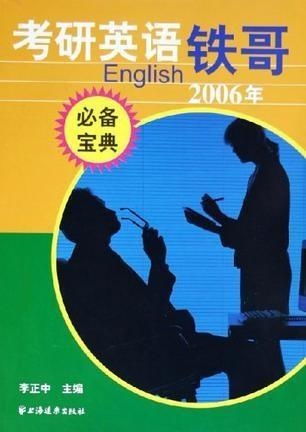
The phrase "哥用英语怎么说" can be interpreted in different ways depending on the context in which it is used. At its core, it seems to be asking for the English equivalent of the Chinese word "哥," which typically refers to an older brother or, more colloquially, a male friend or acquaintance, often used in a familiar or affectionate manner. However, the question itself, phrased in Chinese but seeking an English answer, prompts a deeper exploration of translation principles and practices.
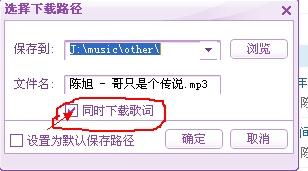
Firstly, let's consider the literal translation of "哥" into English. In most cases, "哥" can be translated as "brother" when referring to an older male sibling. This translation is straightforward and preserves the familial relationship implied by the word. For instance, if someone asks, "我哥在哪里?" (Where is my older brother?), the English equivalent would be "Where is my brother?"
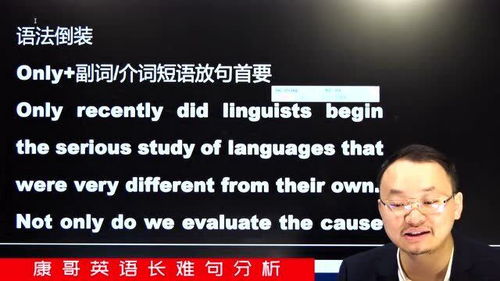
However, the use of "哥" in modern Chinese, particularly among younger people, often extends beyond familial contexts. It can be used to address a male friend, colleague, or even a stranger in a casual or friendly manner. In such cases, a direct translation into English is less straightforward. The closest English equivalents might include "dude," "guy," "mate," or even "buddy," depending on the level of familiarity and the specific cultural context.
The challenge in translating "哥" lies not just in finding the right word but in capturing the emotional tone and cultural nuances embedded in the original phrase. In Chinese culture, addressing someone as "哥" can convey respect, affection, or simply a sense of camaraderie. These subtle differences are often lost in translation, as English does not have a direct equivalent that encapsulates all these meanings.
When faced with the question "哥用英语怎么说," one might also consider the broader implications of translation. Translation is not just about finding words that mean the same thing in different languages; it is about conveying the intended message, emotion, and cultural context as accurately as possible. This requires a deep understanding of both the source and target languages, as well as sensitivity to cultural differences.
In the case of "哥," a translator would need to consider the specific context in which the word is being used. Is it a formal or informal setting? Are the speakers related, friends, or strangers? What is the emotional tone of the conversation? These factors all play a crucial role in determining the most appropriate English translation.
Moreover, translation is not a static process. Languages evolve over time, and new words and phrases are constantly being coined to reflect changes in society and culture. As such, the English equivalents of "哥" may change over time, reflecting shifts in linguistic norms and social practices.
One interesting aspect of translation is the way it can highlight cultural differences and similarities. While English may not have a direct equivalent for "哥" that captures all its meanings and nuances, it does have a rich vocabulary of words and phrases that can be used to convey similar ideas. This highlights the fact that, despite our linguistic differences, humans share a common set of emotions, experiences, and ways of communicating.
In conclusion, the question "哥用英语怎么说" prompts a thoughtful exploration of translation principles and practices. It reveals the complexities of conveying meaning across languages and cultures, and the importance of considering context, emotion, and cultural nuances in the translation process. While there may not be a single, definitive English translation for "哥," there are numerous ways to convey its intended meaning and tone in English, depending on the specific context and the needs of the speaker.
As the world becomes increasingly interconnected, the ability to communicate effectively across linguistic and cultural boundaries becomes more critical. Translation, whether literal or figurative, plays a vital role in fostering understanding, cooperation, and harmony among people of different backgrounds. By embracing the challenges and opportunities of translation, we can bridge the gaps between our diverse languages and cultures, creating a more interconnected and inclusive world.
In this sense, the question "哥用英语怎么说" is not just about finding the right word but about understanding the broader implications of translation and its role in shaping our global community. It is a reminder that, while language may divide us, our shared humanity and desire for communication and connection transcend all linguistic barriers.
- 上一篇: 2020年幸福柳山师附中指标生录取分数线
- 下一篇: 八点半时钟面上时针与分针的夹角是多少度?
-
 利用百度翻译将英语转为汉语的方法资讯攻略11-09
利用百度翻译将英语转为汉语的方法资讯攻略11-09 -
 如何使用百度翻译将英文翻译成中文?资讯攻略10-24
如何使用百度翻译将英文翻译成中文?资讯攻略10-24 -
 阿里卖家自动翻译设置指南资讯攻略11-06
阿里卖家自动翻译设置指南资讯攻略11-06 -
 揭秘:英语六级考试究竟要“熬”多久?资讯攻略12-01
揭秘:英语六级考试究竟要“熬”多久?资讯攻略12-01 -
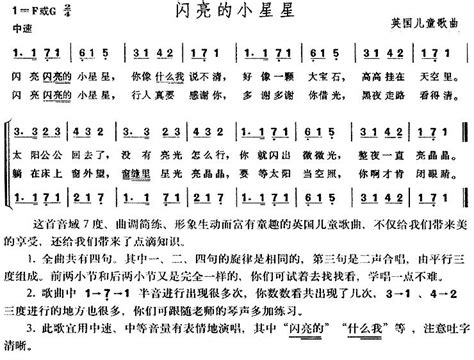 寻找《小星星》英文版歌词及中文翻译资讯攻略11-25
寻找《小星星》英文版歌词及中文翻译资讯攻略11-25 -
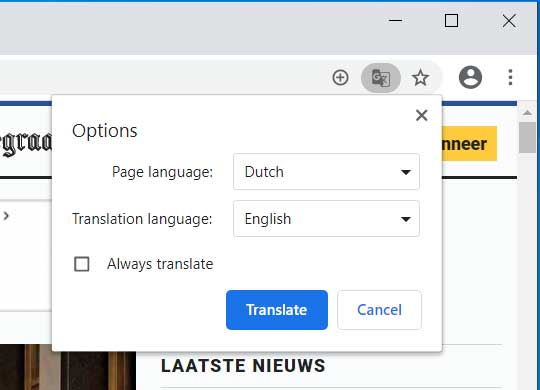 在谷歌浏览器中翻译网页的方法资讯攻略11-28
在谷歌浏览器中翻译网页的方法资讯攻略11-28












